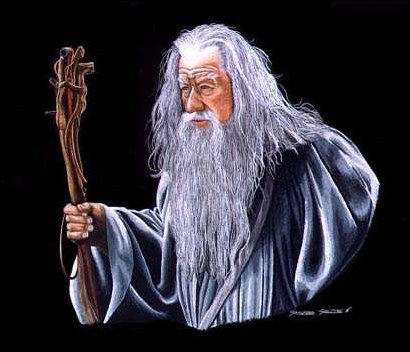From Britain to China, Bush is the "go-it-alone cowboy" to much of the world, leading the United States in the direction he wants, regardless of what anyone else thinks.
"He is too arrogant about the image of the U.S in the world," a young man in Beijing China told CBS White House correspondent Jim Axelrod.
The natural extension of this negative view of Bush in the eyes of the world is a negative view of the U.S. That view is not just isolated to the Muslim world, where 30 percent of Indonesians and Egyptians polled had a negative opinion of the U.S., but to 23 percent of people in Spain. Less than 50 percent of those polled in France, Germany, Russia and China had favorable opinions of the U.S.
Andrew Kohut, who conducts the annual Pew Institute Global Attitudes Survey — a study of anti-Americanism in 16 nations — says the study shows broad dislike driven by the war on terror.
"This sounds very strange to an American ear but when we go out and we question people, the depths of concern about American policies put us on a plane with the real bad guys of the axis of evil," he said.
Anti-Americanism isn't static. In Asia, America's image rose markedly after U.S. aid poured in following the 2004 tsunami. It isn't permanent, either. Just five years ago, for instance, international opinions of the U.S . were much more sympathetic. Many people around the world wanted to help the United States after the attacks on the World Trade Center and the Pentagon on Sept. 11, 2001.
The president would argue that those attacks changed everything, but world opinion is a bit more discerning. Polls show that in much of the rest of the world, there was general approval for one part of Bush's response to 9/11; The war in Afghanistan made sense and seemed proportionate. But Iraq is a different story in the eyes of the world, said London School of Economics professor John Cox.
Interesting how people in the US often think of the rest of the world as a bit behind the curve, at best, and even backward. And yet, the rest of the world seems to have a more sophisticated view of the current world situation that much of the US. Everything is not about 9/11, in their view, and 9/11 doesn't justify any and all actions by the US.
It is clear that the war in Iraq has not been viewed as justified by many around the world. The negative view of the war has led to anti-Americanism. Who cares? Well, anti-Americanism has fueled terrorism. The war in Iraq has thrown more fuel on an already raging fire.
GP


No comments:
Post a Comment